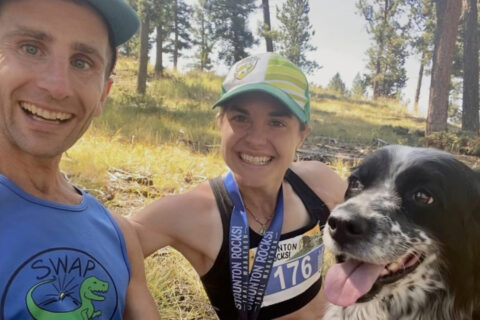
You Are Born for Coaching
The backstory of SWAP Running attests to the value of curiosity, naivety, and a good dose of grit. David and Megan Roche channeled their love for the sport into a coaching business with a reputation for winning.

The backstory of SWAP Running attests to the value of curiosity, naivety, and a good dose of grit. David and Megan Roche channeled their love for the sport into a coaching business with a reputation for winning.
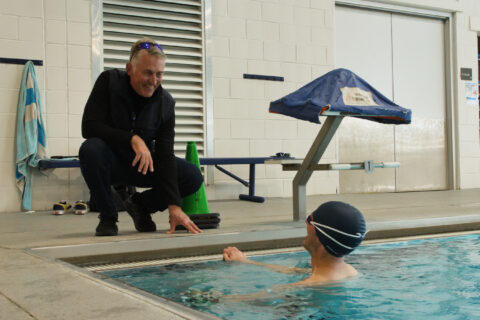
Supporting performance at the highest level will cost you time and money. Coach Joe Friel shares a balanced approach to the high-stakes game of working with pro athletes.
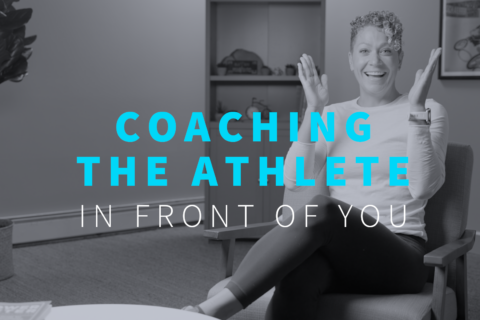
Lauren Vallee talks about how important it is to take into account an athlete’s background to truly do your best work as a coach.
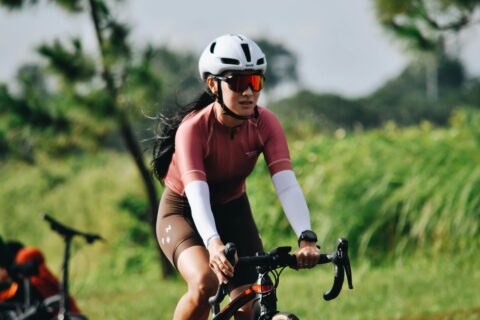
In this research digest Dr. Stacy Sims highlights some of the most pertinent female-specific research that every coach needs to know.
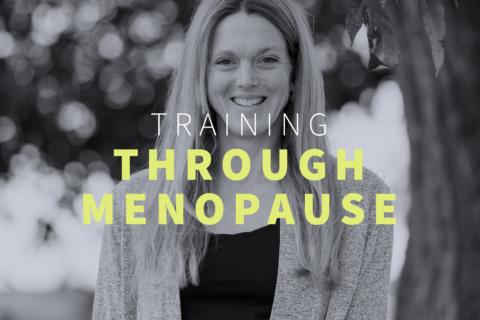
Dr. Stacy Sims gives her advice on how to coach women through all stages of menopause.

Being a mom and an athlete can require world-class juggling and coping skills. As a coach, how can you best support and empower these athletes? We find out from Coach Alison Freeman (who’s also a Mom-Athlete).
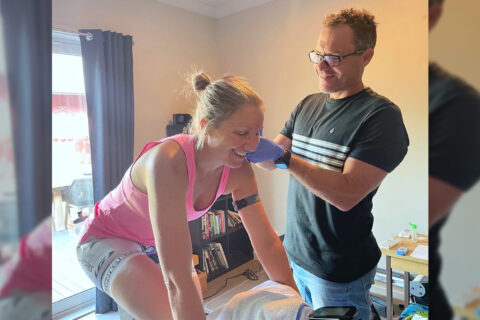
It can be difficult for male coaches to know their role in helping female athletes navigate performance in context of the menstrual cycle and hormones. Coach Bevan McKinnon shares his experience and learning on this topic and some helpful tools.
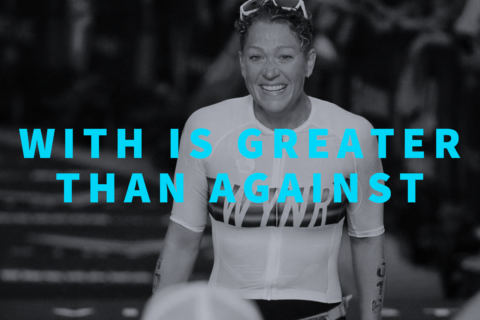
When female athletes are encouraged to work with their competitors—not against them—it raises everyone’s game, as Coach Lauren Vallee knows only too well.

Body image, underfueling, negative self-talk, comparison—these are just some of the things that commonly prevent female athletes achieving their best, yet they don’t have to. One coach shares her way of turning this around.
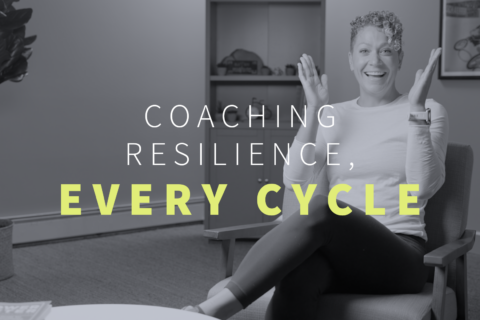
Lauren Vallee brings a unique perspective to an athlete’s menstrual cycle, viewing it as an opportunity for coach and athlete to build resilience every single month.
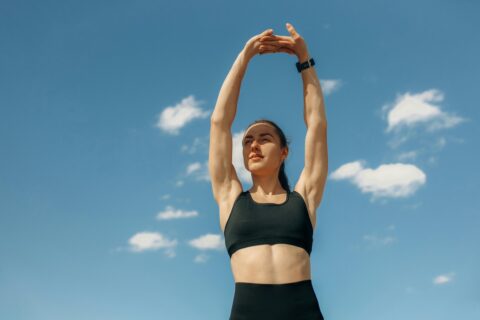
If an athlete is regularly tracking their menstrual cycle, it serves as a key performance indicator for adaptation and performance.
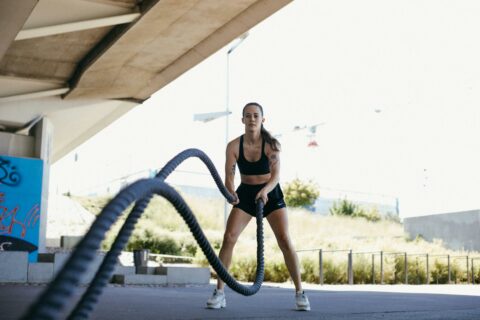
The misconception that “lighter is better” has undermined endurance athletes of all genders, but a shocking number of female athletes have been emotionally and physiologically destroyed by weigh-ins and negative body talk. Coaches can learn how to best navigate conversations on this topic with these simple guidelines.
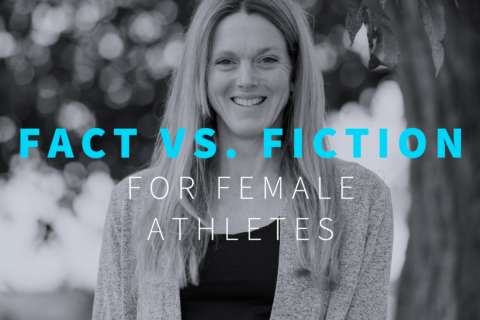
When it comes to coaching female athletes there’s an abundance of myths and misconceptions. Physiologist Stacy Sims sets the record straight.
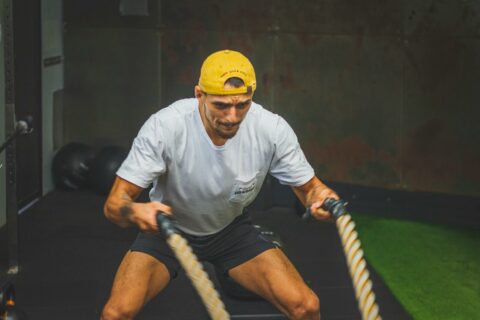
As athletes get older, hormone levels shift, disrupting how the body manages glucose and insulin and inviting a slow creep of excess weight.

Today’s athletes need to discern whether changes in body composition are just part of getting older or if the body is becoming intolerant of carbohydrate.
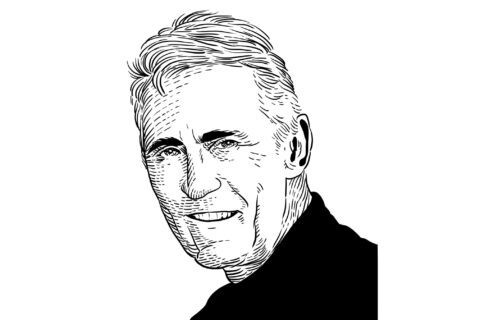
The OG of endurance sports coaching shares how bike racing and life have changed since he turned 70—and what you have to look forward to.
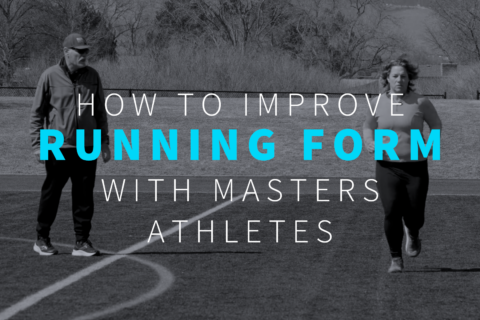
Bobby McGee helps pro runners and triathletes find speed with improved running form, but these performance gains are for all ages.

As a latecomer to the competitive running scene, Cathy Utzschneider knocked out top results as a masters athlete while also coaching 75 USATF age group champions. She shares her experience on how best to remain engaged and open to what’s next.